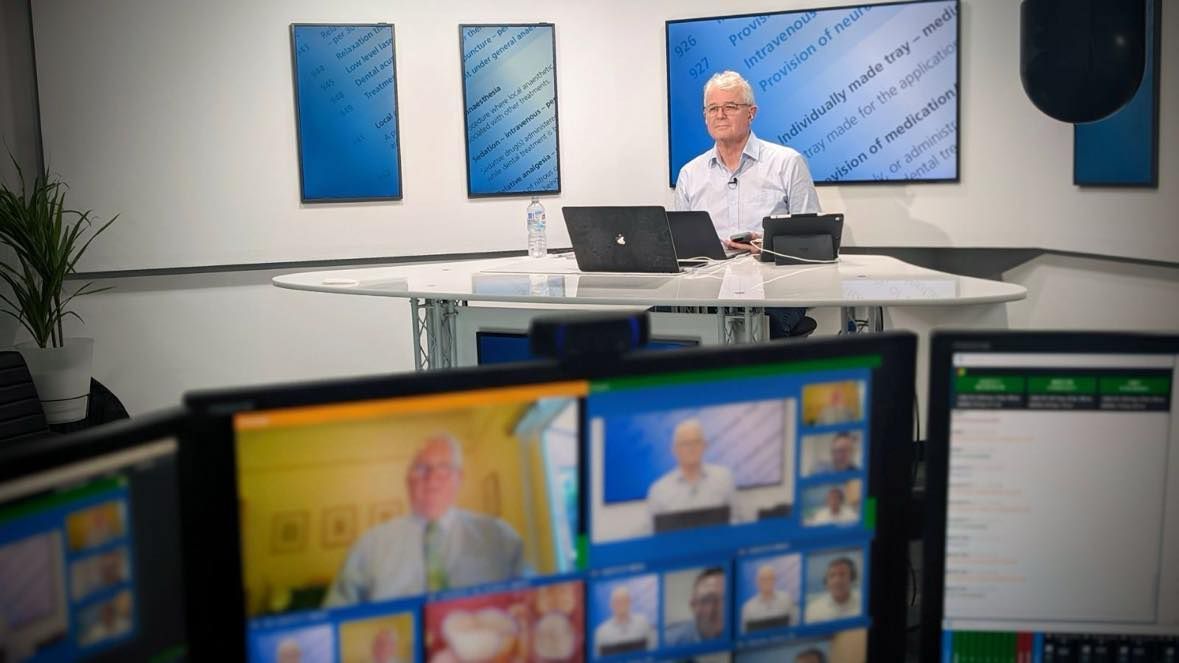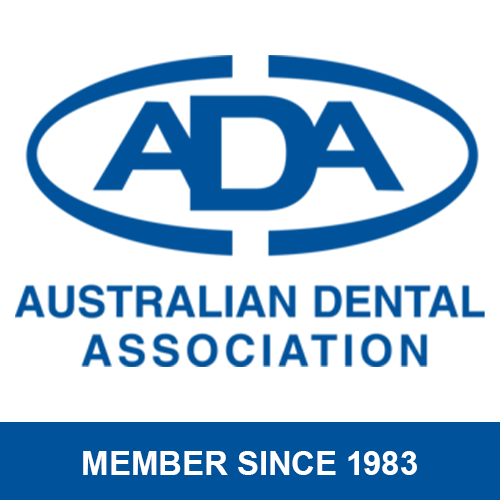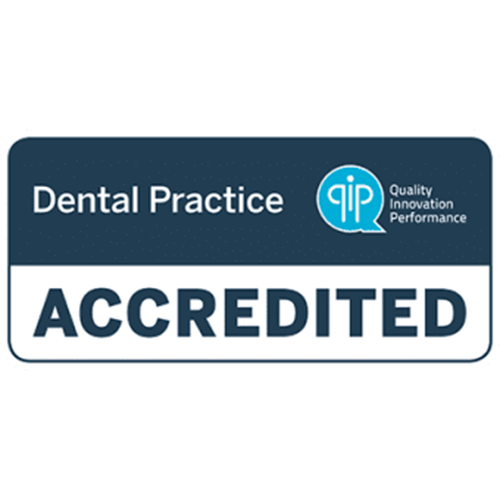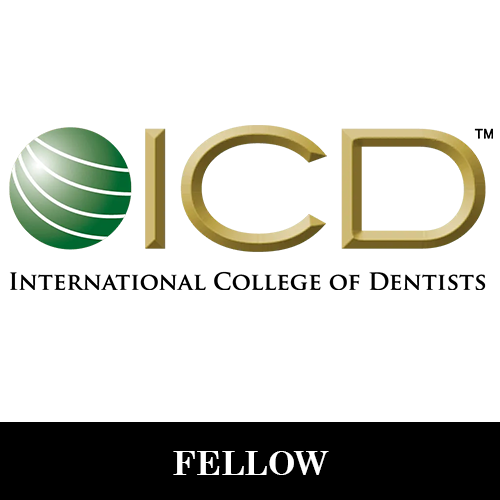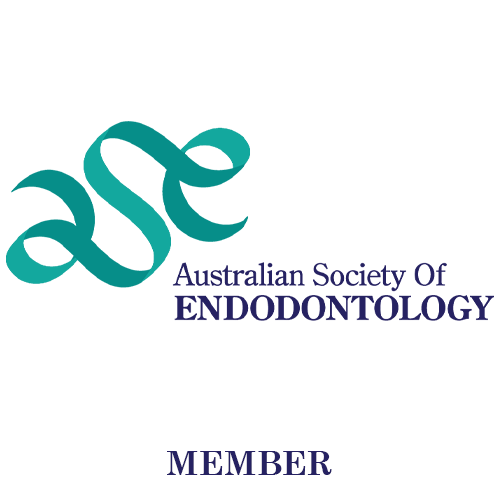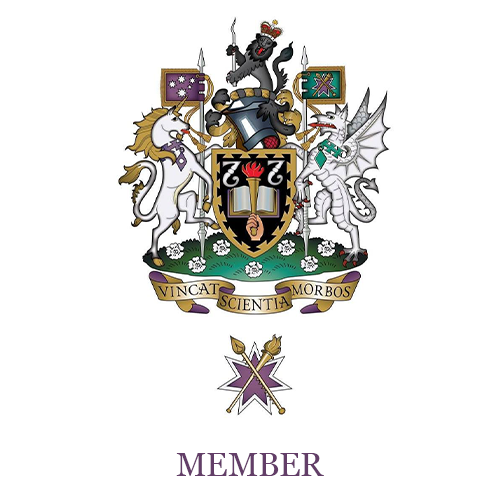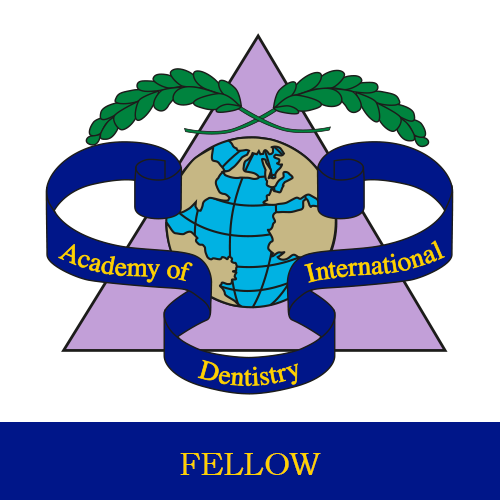Everything You Need To Know About Bruxism
Covid-19 has wrought many changes for people in the Southern Highlands. One of the most startling effects has been a dramatic increase in stress people are experiencing. In fact, it has been reported that
1 in 5 Aussies have reported high levels of psychological stress since the Pandemic began. The proof of this is when patients present with painful teeth, painful muscles, or sensitive teeth and gums. These symptoms are often a result of a phenomenon called “bruxism”.
What is Bruxism?
Teeth are used for smiling, eating, and speaking. That’s what we, in the dental profession, call normal function.
If you’re using your teeth for anything else, that’s called “parafunction”, and the habit of clenching your teeth or, grinding your teeth, is specifically called bruxing.
Bruxing can occur unconsciously whilst you’re sleeping or concentrating on a task. I do it (unfortunately) when caught in Sydney traffic jams. Thankfully that hasn’t happened much this year (one positive of the pandemic).
What Are Bruxism Symptoms?
When we clench or grind, we put enormous pressure on the hard structure of our teeth. The tiny little organ we all have inside our teeth, called a pulp, can respond to increased pressure by becoming inflamed, and very painful.
If you’re clenching or grinding your teeth, you might notice an increased sensitivity to cold or hot food. The sensitivity can be so severe that it might mimic a cavity or fractured tooth. One of the clues that you are bruxing is that the sensations and sensitivity don’t last.
Bruxing can also make muscles in your face sore, and the pain created can affect other parts of your skull.
Thanks to the stress of 2021, we have even seen several patients who have managed to fracture individual teeth, ones that had never even had fillings. This shows the extraordinary level of damage that bruxing can be capable of.
Can you Make Bruxism Go Away?
Before self-diagnosing, it’s important to book an appointment with a dentist who can check carefully whether it is bruxism causing your problems or another dental disorder that needs to be treated.
If you have symptoms such as facial pain, fractured teeth, or food sensitivity make sure to visit us.
Our qualified team is experienced in diagnosing and treating bruxism.
The great news is there are excellent management strategies for severe cases of parafunction. We can teach you these strategies and treat any teeth damage caused by this dental disorder.
Request your appointment online with us today or call us on (02)
4869 3111 to learn more.
Site Links
Our Services
Locations We Service
Contacts
ABN: 40 525 320 779
Trading Hours
- Monday
- -
- Tuesday
- -
- Wednesday
- -
- Thursday
- -
- Friday
- -
- Saturday
- Closed
- Sunday
- Closed


